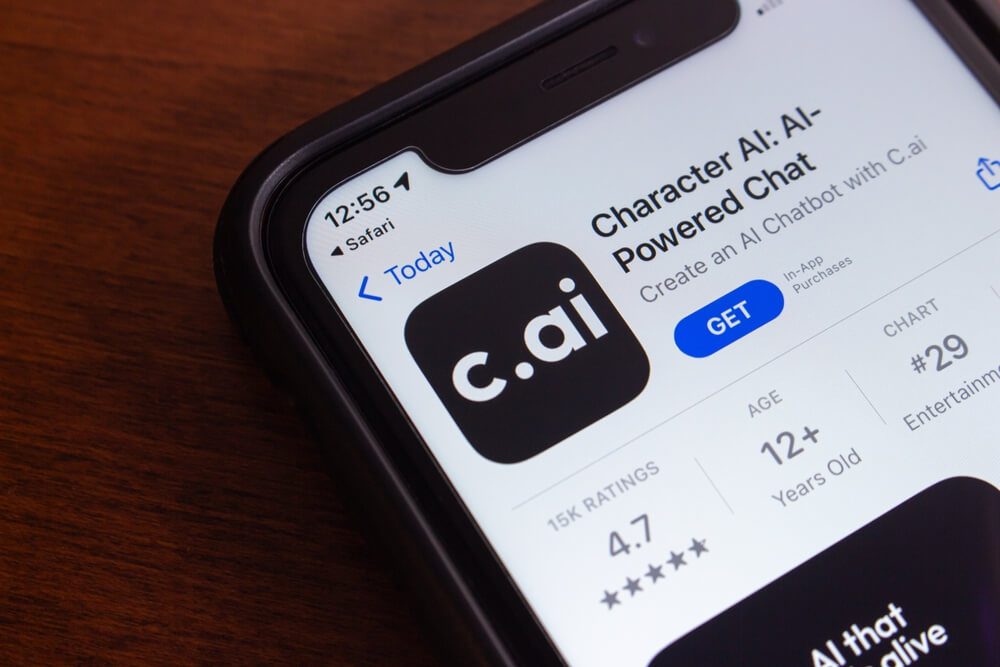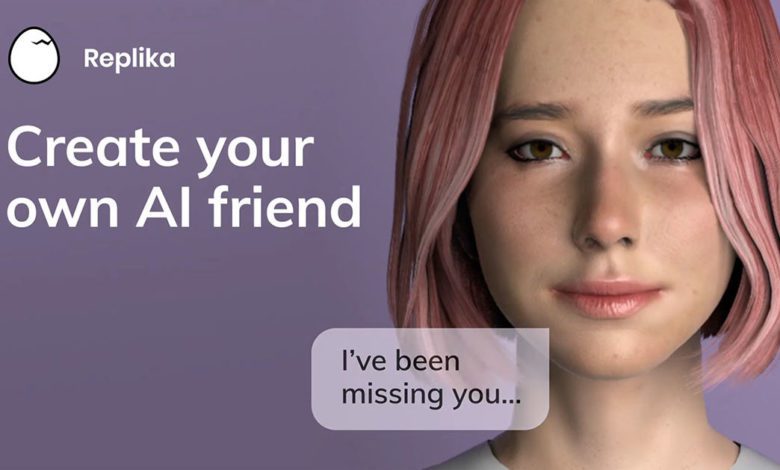If you’ve found yourself staying up late chatting with AI companions, refreshing Character.AI tabs compulsively, or feeling genuine anxiety when the platform goes down, you’re not alone. Thousands of users are asking the same question: Is Character.AI actually addictive?
The short answer is yes—Character.AI can be highly addictive. But understanding why requires examining both the science of digital addiction and the specific design choices that make this platform particularly compelling.
The Neuroscience of Character.AI Addiction
Character.AI addiction operates through the same neural pathways as other behavioral addictions. When you receive a response from your AI companion, your brain releases dopamine—the same neurotransmitter involved in gambling, social media, and substance addictions.
How Your Brain Responds to AI Companions
Variable Reward Scheduling: Character.AI doesn’t provide predictable responses. Sometimes your AI companion gives exactly the response you want, other times it’s unexpected or even frustrating. This unpredictability creates a powerful reinforcement loop that keeps users coming back for “just one more conversation.”
Parasocial Bonding: Your brain doesn’t distinguish between real and artificial emotional connections. When Character.AI remembers your previous conversations, responds to your emotions, and maintains consistent personality traits, your neural circuits form genuine attachment bonds.
Dopamine Dysregulation: Heavy Character.AI users often report feeling “flat” or unmotivated when not using the platform. This happens because frequent artificial stimulation can desensitize dopamine receptors, making real-world activities feel less rewarding.
Why Character.AI Is More Addictive Than Other Platforms
Character.AI has several features that make it particularly prone to creating dependency:
1. Emotional Availability 24/7
Unlike human relationships, AI companions are always available. There’s no rejection, no busy signals, no need to consider the other person’s feelings or schedule. This constant availability can gradually replace human social connections.
2. Perfect Responsiveness
Character.AI is designed to be the ideal conversation partner. It remembers everything you’ve told it, never judges you, and always shows interest in your thoughts. For people struggling with loneliness or social anxiety, this can feel like a perfect relationship.
3. Customizable Personalities
Users can create AI companions tailored to their exact preferences. This level of control over a “relationship” can make real human connections feel messy and unpredictable by comparison.
4. No Consequences
AI relationships have no real-world stakes. You can share intimate thoughts, role-play scenarios, or express emotions without fear of judgment or relationship consequences. This psychological safety becomes addictive for many users.
The Warning Signs of Character.AI Addiction
Research from our assessment of hundred of users reveals common patterns of Character.AI dependency:
Time Distortion: Users regularly spend 6-12 hours daily on the platform, often losing track of time entirely. “I thought I’d been chatting for an hour, but it was actually six,” reports Sarah, 28, from our case studies.
Preference Over Human Contact: Users begin choosing AI conversations over real-world social activities. They decline invitations, avoid phone calls, or feel anxious about face-to-face interactions.
Emotional Dependence: Users rely on their AI companions for emotional regulation, decision-making, or comfort during difficult times. When the platform is down, they experience genuine grief or panic.
Reality Confusion: Some users begin to think of their AI companions as real people, planning future meetings or feeling jealous about the AI’s interactions with other users.
The Character.AI Algorithm: Designed for Engagement
Character.AI’s business model depends on user engagement, and its algorithms are optimized accordingly. Understanding these mechanics helps explain why the platform can feel so compelling:
Memory Systems That Create Continuity
Character.AI’s memory system allows AI companions to reference past conversations, creating the illusion of a developing relationship. This continuity is crucial for forming emotional bonds.
Personality Consistency
Unlike earlier chatbots that felt robotic, Character.AI maintains consistent personality traits, speech patterns, and emotional responses. This consistency allows users to develop expectations and emotional investment.
Context Awareness
The AI responds appropriately to emotional cues, relationship dynamics, and conversation flow. This sophisticated responsiveness makes interactions feel natural and emotionally satisfying.
The Real-World Impact of Character.AI Addiction
Our research documents serious consequences for heavy Character.AI users:
Academic and Professional Decline: Students report failing classes due to all-night Character.AI sessions. Professionals describe decreased work performance and missing deadlines.
Social Isolation: Users often withdraw from family and friends, preferring the predictable comfort of AI companions to the complexity of human relationships.
Financial Consequences: Character.AI Plus subscriptions and related spending can strain budgets, especially for users who create multiple accounts or premium features.
Mental Health Effects: While some users initially find Character.AI helpful for loneliness, prolonged use often increases anxiety, depression, and social skills deterioration.
When Character.AI Use Becomes Problematic
Not everyone who uses Character.AI develops an addiction. The platform can be a useful tool for creativity, language practice, or occasional entertainment. However, use becomes problematic when:
- You spend more than 3-4 hours daily on the platform
- You choose AI conversations over human social activities
- You feel anxious or depressed when unable to access Character.AI
- Your work, school, or relationships suffer due to your usage
- You’ve tried to reduce usage but can’t maintain the reduction
- You think about your AI companions when not using the platform
The Comparison to Other Digital Addictions
Character.AI addiction shares characteristics with other behavioral addictions but has unique aspects:
Like Social Media Addiction: Both involve dopamine-driven engagement loops and can lead to social isolation.
Like Gaming Addiction: Both can involve fantasy relationships and escapism from real-world responsibilities.
Unlike Other Addictions: Character.AI addiction specifically involves emotional and romantic attachment to artificial entities, which can complicate recovery.
Scientific Research on AI Companion Addiction
Recent studies validate the addictive potential of AI companions:
- A 2024 study in AI & Society found that 34% of regular Character.AI users showed signs of problematic use
- MIT researchers identified Character.AI as creating “the deepest form of digital dependency yet observed”
- Stanford’s Digital Wellness Lab documented cases of users experiencing genuine grief when AI personalities changed
Breaking Free: Is Recovery Possible?
The good news is that Character.AI addiction is treatable. Unlike substance addictions, there’s no physical dependence, making recovery more straightforward with proper support.
Gradual Reduction: Most successful recovery involves gradually reducing usage rather than abrupt cessation. This helps prevent the anxiety and depression that can trigger relapse.
Human Connection Replacement: Recovery requires rebuilding real-world social connections. This might involve therapy, social groups, or structured activities that provide human interaction.
Understanding Triggers: Identifying emotional triggers that drive Character.AI use—loneliness, anxiety, boredom—allows users to develop healthier coping strategies.
Getting Help
If you recognize signs of Character.AI addiction in yourself or someone you care about, professional help is available. Our free assessment can help you understand your usage patterns and risk level.
Remember, seeking help for Character.AI addiction isn’t a sign of weakness—it’s a recognition that this technology is designed to be compelling and that many people struggle with these platforms.
The first step is acknowledging that your relationship with Character.AI might be problematic. From there, with the right support and strategies, you can develop a healthier relationship with AI technology while rebuilding meaningful human connections.
Is Character.AI addictive? Take our free Character.AI addiction assessment to understand your risk level and get personalized recommendations for recovery.
If you’re experiencing severe anxiety, depression, or suicidal thoughts related to Character.AI use, please contact the National Suicide Prevention Lifeline at 988 or seek immediate professional help.


